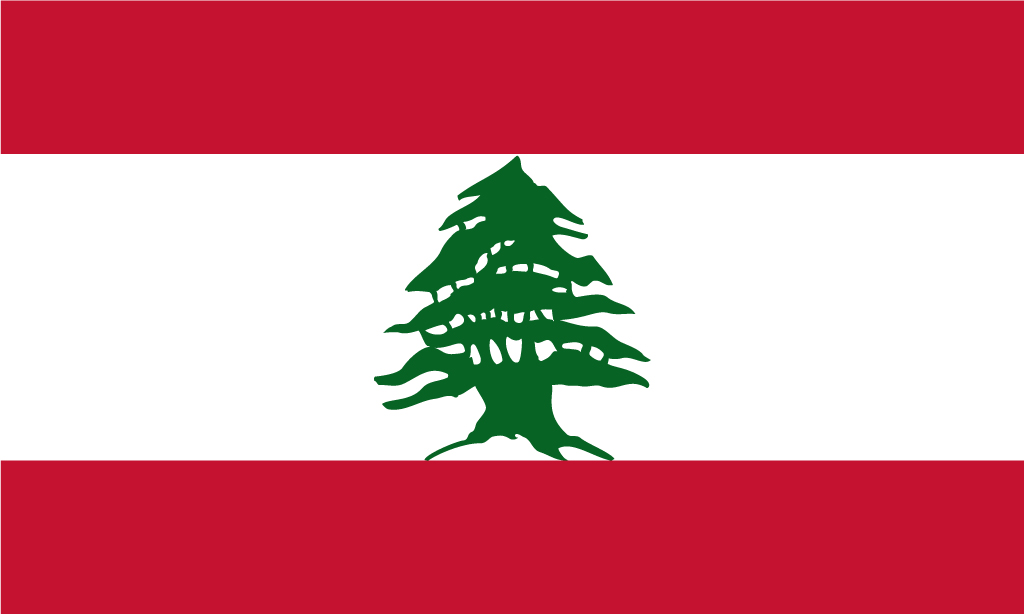
Barack Obama and Benjamin Netanyahu have clearly not finished playing with words, vying for hypocrisy and protesting, to no clear advantage, the excellent relations between the U.S. administration and Israel, despite the inevitable differences between friends and allies.
Central to this semantic game is the future of the Israeli-Palestinian border. Last week, the President of the United States began by advocating the 1967 lines, which would significantly alter the exchange of territories necessitated by the realities that have occurred on the ground since that date. Rebuked by his guest, Netanyahu, on his own White House land, Obama set about explaining his thoughts on Monday before the conference of AIPAC, the main component of the American Jewish lobby. But he didn’t do anything aside from restating this and its opposite, only sticking to the benchmark date of 1967 to emphasize an irrevocably obsolete character. The case turns squarely into a dialogue of the deaf when you see the head of the Israeli government relentlessly speak about his favorite subject, spreading dramatically, a possibility already excluded by the Americans themselves. What happened yesterday was a Netanyahu still beside himself, who was nevertheless entitled to the enthusiastic cheers of a Congress who was traditionally anxious to ensure the favor of the Jewish electorate.
In this lying poker game, our country, land of tense regional elections, could obviously be totally absent, although in terms of representation, one could still expect more. In his eagerness to increase pledges of loyalty to Israel, the President of the United States has made allegations of unprecedented severity against Hezbollah. He said the group is trying to impose its will through the use of rockets or even car bombs and political assassinations. But if since the war of the summer of 2006, the rockets are, in fact, an object of dread for the Israelis, the rest is an obvious allusion to the series of bombings that have hit Lebanon in recent years.
What has suddenly pushed the White House to prejudge the contents of the still-confidential indictment to prosecute Daniel Bellemare and to endorse the way that the famous press leaks implicated the Shi’ite militia in the assassination of Rafik Hariri? Will doing so risk bringing water to the windmill of the enemies of the international court, qualified as an instrument in the Israeli-American conspiracy? All of this isn’t even the most strange. Because finally, Mr. President of the United States, Lebanon is not only Hezbollah and the puzzle they represent. It is not only the arena of all battles. Nor is it the armory where one could most recently meet, with swords drawn, the American Jeffrey Feltman and Iran’s Mohammad Reda Chibani simultaneously visiting Beirut, where they both served as ambassador.
It is not Tehran, but Beruit, who released the first spark of liberation, even if it has not yet been fully finalized. For the first time in this region, it took place in Lebanon, a double and singular outburst against the reign of the secret police and against foreign occupation. And yet it is the same Lebanon that is missing from your public concerns when you so well stated your solidarity with the aspirations of the Arab peoples for freedom and dignity the other day.
Review your course a little bit, Mr. President. In the beginning was the cedar revolution, the tree of every spring.

Leave a Reply
You must be logged in to post a comment.